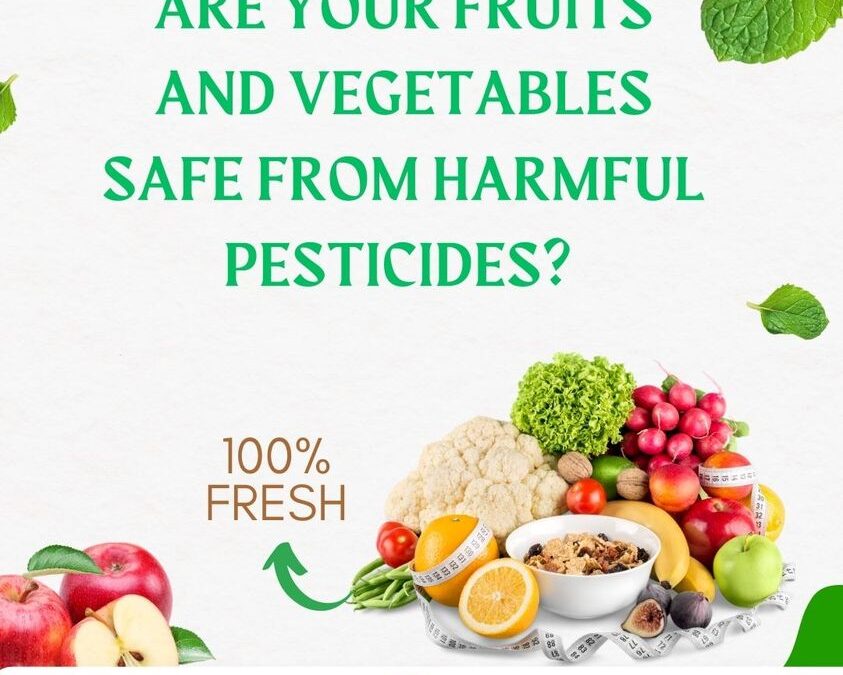
by Tamilnadu testhouse | Aug 6, 2025 | Others
High-Performance Liquid Chromatography (HPLC) is one of the most vital analytical techniques used in pharmaceuticals, food testing, cosmetics, chemicals, and environmental monitoring. As industries increasingly rely on precise chemical analysis, professionals with hands-on HPLC skills are in high demand. If you’re looking to enhance your laboratory career or step into the world of analytical chemistry, enrolling in an HPLC course near you can be a game-changer. At Tamilnadu Test House, we offer industry-focused HPLC training programs in Chennai, designed to equip you with both theoretical understanding and practical expertise.
Why Learn HPLC?
HPLC is widely used for separating, identifying, and quantifying components in a mixture. From drug formulation to quality control and food safety to environmental analysis, HPLC is integral to ensuring quality and compliance. Learning HPLC opens doors to diverse career opportunities in:
-
Pharmaceutical companies
-
Contract research organizations (CROs)
-
Food and beverage testing labs
-
Environmental testing agencies
-
Chemical manufacturing units
Whether you’re a student, graduate, or working professional, HPLC training helps build strong technical skills and improves job prospects.
HPLC Training at Tamilnadu Test House – Chennai
As one of the leading NABL accredited labs in Chennai, Tamilnadu Test House offers a comprehensive HPLC certification course tailored for aspiring analytical chemists, laboratory technicians, and science graduates.
What Our HPLC Course Covers:
-
Introduction to Chromatography and HPLC
-
HPLC Instrumentation and Components
-
Method Development & Validation
-
Sample Preparation Techniques
-
Data Interpretation and Troubleshooting
-
Hands-On Training on HPLC Instruments
-
Report Generation and Regulatory Standards (ICH, USP, etc.)
Our expert trainers provide one-on-one guidance with real-time lab experience, using advanced instrumentation and industry-relevant case studies.
Who Can Join?
-
B.Sc./M.Sc. Chemistry, Biochemistry, Microbiology graduates
-
B.Pharm / M.Pharm / Pharm.D students
-
Professionals in QA/QC, R&D, or Production
-
Job seekers looking to enter laboratory testing fields
Key Benefits of Learning HPLC at Tamilnadu Test House
-
Live Hands-On Practice with advanced HPLC systems
-
Experienced Faculty from the testing and pharmaceutical industry
-
Small Batch Size for personalized attention
-
Course Completion Certificate
-
Placement Assistance in labs and testing companies
-
Affordable fee with flexible timing options (weekdays/weekends)
Advance Your Lab Career with Expert Training
The field of analytical chemistry continues to expand, and skilled professionals are essential to meet the growing demand for quality control and regulatory compliance. Learning HPLC not only strengthens your resume but gives you confidence to work independently in laboratory environments.
If you’re searching for “HPLC courses near me” in Chennai, your journey starts here at Tamilnadu Test House. Our practical, job-ready training will set you apart in interviews and help you build a strong foundation in chromatography.
Enroll today!
To register or know more about our upcoming HPLC batches, contact Tamilnadu Test House, Chennai’s trusted name in lab training and testing services.

by Tamilnadu testhouse | Jul 29, 2025 | Health
Shelf life testing is a critical part of food safety and quality assurance. It determines how long a food product can remain safe and retain its desired sensory, chemical, physical, and microbiological characteristics under recommended storage conditions.
🔍 Why Shelf Life Testing is Important:
-
Consumer Safety: Ensures products are safe to eat over time.
-
Regulatory Compliance: Meets FSSAI and international labeling requirements.
-
Brand Protection: Prevents spoilage-related complaints and recalls.
-
Cost Efficiency: Helps manufacturers plan packaging, distribution, and storage effectively.
-
Quality Assurance: Maintains taste, texture, aroma, and appearance throughout the product’s life.
Tamilnadu Test House is a NABL-accredited lab in Chennai that offers comprehensive shelf life studies for various food and beverage products, including:
✅ Types of Products Tested:
-
Packaged snacks & bakery items
-
Dairy and beverages
-
Spices & condiments
-
Ready-to-eat (RTE) foods
-
Pickles, jams, sauces, etc.
🔬 TTH’s Shelf Life Testing Services Include:
-
Customized Real-time & Accelerated Testing Protocols
-
Packaging Evaluation to determine material compatibility
-
Sensory Panels for organoleptic assessment
-
Microbial Load Analysis to detect spoilage
-
Chemical Degradation Analysis for oil-based and perishable items
-
Stability Studies under different climate zones (as per ICH guidelines)
📊 Deliverables:
-
Interim and Final Shelf Life Reports
-
Recommendation for “Best Before” or “Use By” dates
-
Data to support FSSAI compliance
📌 Why Choose Tamilnadu Test House?
-
NABL & FSSAI-recognized facility
-
State-of-the-art testing infrastructure
-
Expertise in food, pharma, water, and material testing
-
Fast turnaround time & transparent reporting
-
Consultation support for labeling, packaging, and regulatory needs
📞 Contact Tamilnadu Test House

by Tamilnadu testhouse | May 22, 2025 | Beauty Care
Testing equipment for cosmetics and personal care products plays a critical role in ensuring product safety, quality, efficacy, and regulatory compliance. These products, which include skincare, haircare, makeup, and hygiene items, must undergo various types of tests to assess their chemical composition, microbiological stability, physical characteristics, and dermatological safety. Below are the main categories of equipment used in cosmetic and personal care product testing:
1. Microbiological Testing Equipment
To ensure products are free from harmful bacteria, fungi, or other microorganisms, microbiological testing is essential. Common equipment includes:
-
Autoclaves – for sterilizing media and tools.
-
Incubators – for growing and maintaining microbial cultures.
-
Laminar Flow Hoods – to provide a sterile environment during sample handling.
-
Colony Counters – to count and analyze bacterial colonies.
-
Petri Dishes & Culture Media – used for growing microorganisms.
2. Physicochemical Testing Equipment
This equipment helps assess the physical and chemical properties of the product, such as pH, viscosity, stability, and consistency:
-
pH Meters – for measuring acidity or alkalinity.
-
Viscometers or Rheometers – to measure viscosity and flow characteristics.
-
Centrifuges – for separation and stability testing.
-
Spectrophotometers (UV-Vis, IR) – to determine concentration and detect specific ingredients.
-
Conductivity Meters – for ionic concentration and formulation stability.
3. Stability Testing Chambers
These controlled environment chambers simulate various conditions (temperature, humidity, light) to test how a product holds up over time. Types include:
4. Dermatological and Safety Testing Equipment
These tools help evaluate skin compatibility and irritation potential:
-
Patch Testing Kits – used in clinical studies to test allergic reactions.
-
Skin Analyzers – measure moisture, elasticity, and oil levels on the skin.
-
TEWL Meters (Transepidermal Water Loss) – assess the barrier function of the skin.
-
Corneometers – to measure skin hydration levels.
5. Color and Appearance Testing Equipment
Used especially for makeup and skin products to evaluate color consistency and aesthetics:
6. Packaging Compatibility Testing Equipment
To ensure that product packaging doesn’t alter the contents or degrade over time:
-
Compression & Tensile Testers – for evaluating packaging durability.
-
Leak Testers – to detect seal integrity.
-
Drop Test Equipment – simulates transport and handling stress.
7. Analytical Chemistry Instruments
Advanced tools used for detailed formulation analysis:
Conclusion
Testing cosmetics and personal care products requires a combination of microbiological, chemical, physical, and sensory assessments, all supported by specialized equipment. Proper use of these tools ensures that products are safe, effective, stable, and appealing to consumers, while also meeting the regulatory standards set by agencies like the FDA (U.S.), EMA (Europe), or BIS (India). Manufacturers and labs must choose the appropriate testing equipment based on the product type, intended use, and compliance requirements.



